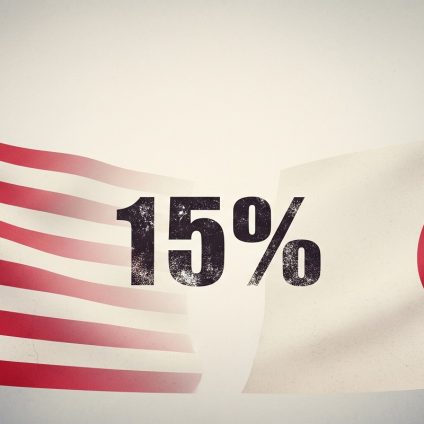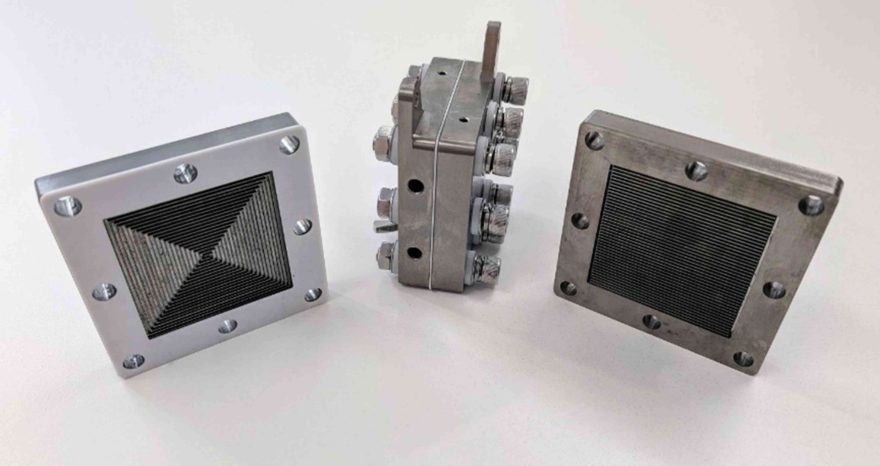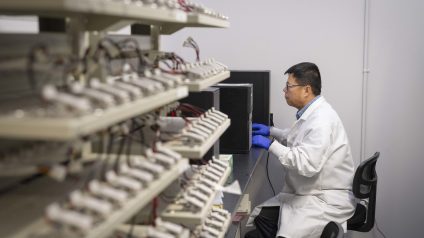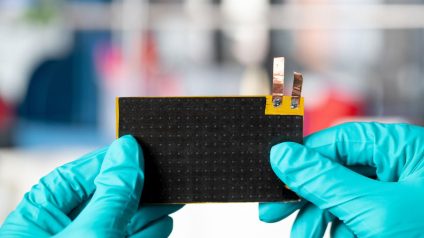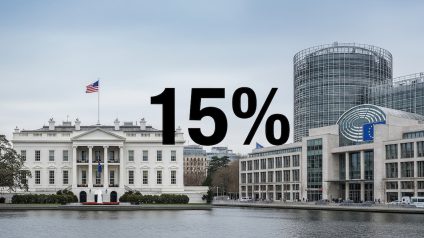The U.S. and Japan reach a $550B trade deal with reduced tariffs. Trump hails it as a major win, but Japan faces internal backlash.
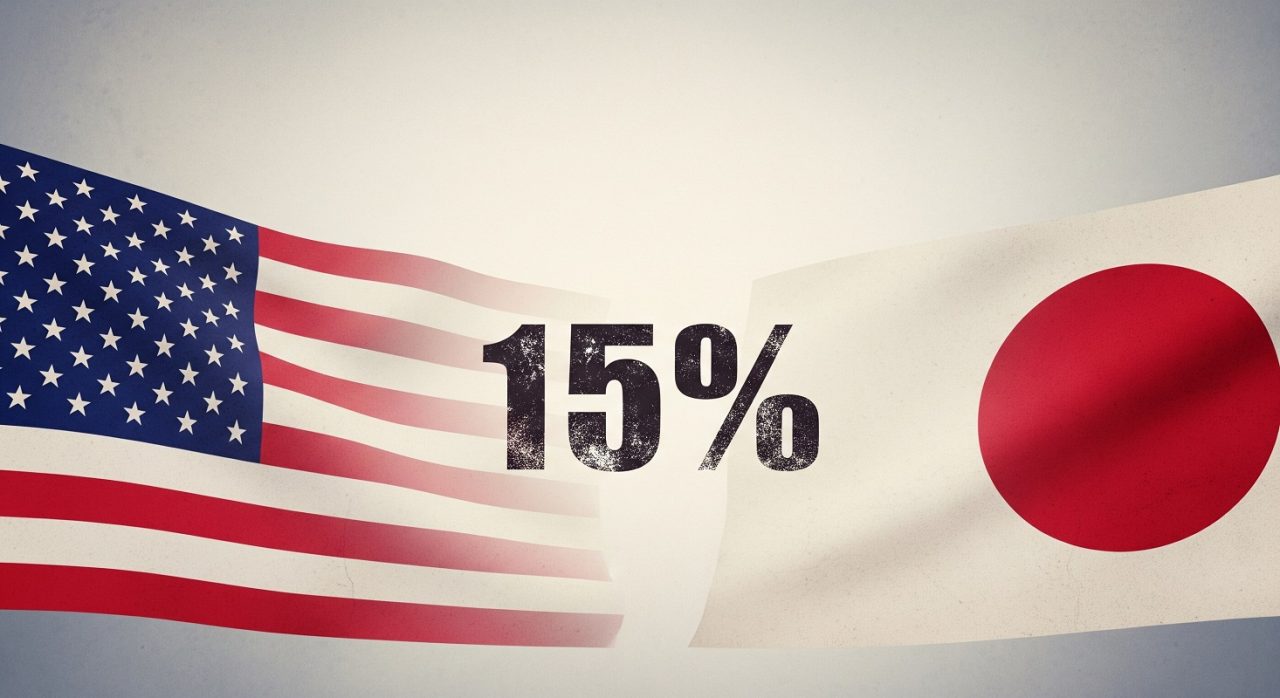
Japan commits to U.S. investments as part of major trade pact
The United States and Japan have reached an agreement. The topic is tariffs, and once again, it was President Donald Trump who announced the landmark $550 billion trade deal, with Japan committing to massive investments in the U.S. economy.
In return, Japanese exports to the U.S. will face “only” a 15% tariff. “This may be the most important deal ever made,” Trump wrote on his social platform, Truth Social. “It will create thousands of jobs.” With this move, the first of the major U.S. trade partners has bowed to Washington. However, negotiations with the EU, Canada, and Mexico are still ongoing, as the clock ticks toward the August 1 deadline.
Tokyo Stock Exchange surges
Immediately after the announcement, Tokyo’s stock market responded with a sharp rally. The Nikkei index rose by 3.59%, with auto manufacturers leading the gains: Toyota climbed 15.2%, Honda gained 11.38%, Subaru jumped 18.31%, and Nissan closed up 9.07%. Under the agreement, tariffs on Japanese cars and other goods will be set at 15%, far below the 25% rate initially threatened by Trump.
Criticism over rice concessions
Japanese Prime Minister Shigeru Ishiba told reporters that Tokyo would also increase imports of U.S. rice, within the framework of the “minimum access” quota. He emphasized that the deal included no concessions that could undermine Japan’s agricultural sector.
Still, the tariff talks have come at a political cost. The prime minister announced he would step down by the end of August. Although Japan avoided the originally threatened 25% duties, even the 15% rate stirred domestic unrest. “Perhaps the most important part is that Japan will open its market to trade, including cars, trucks, rice, and other agricultural products,” said Trump. That, he added, may be the real pressure point for Tokyo.
Japan agrees to import U.S. rice
As part of the deal, Japan will import significant quantities of American rice, remaining within its current duty-free import quota of approximately 770,000 metric tons per year. “We negotiated to protect what needed to be protected and to reach a deal that serves both nations’ interests,” the Japanese prime minister said. “These are the lowest tariffs among countries with a trade surplus with the U.S.”
Difficult negotiations with the EU continue
Meanwhile, U.S.-EU negotiations remain stalled. “There have been no political-level calls since our last discussion, and none are scheduled at this time,” said EU trade spokesperson Olof Gill during a press briefing in Brussels. He added, “At this point, we have nothing new to announce.” The lack of updates signals just how tightly guarded the talks have become, with both sides wary of press statements that could disrupt an already delicate balance.


